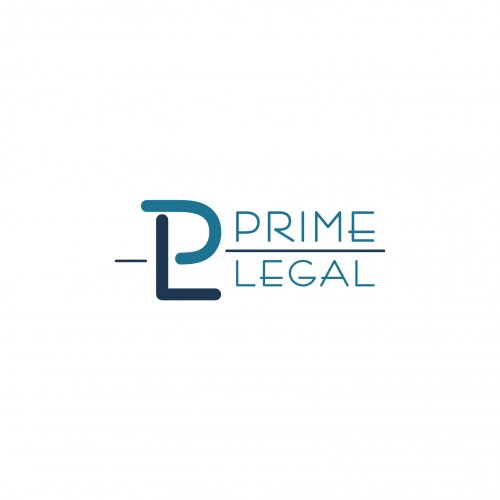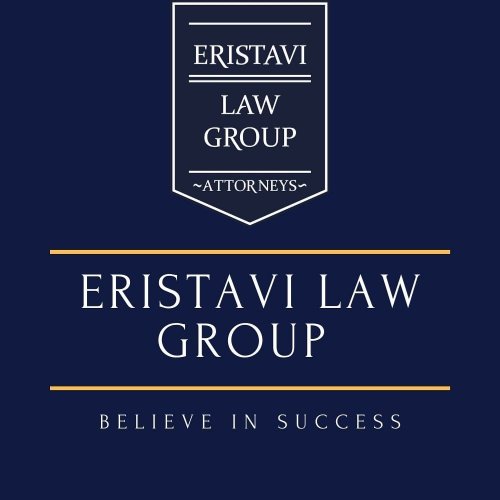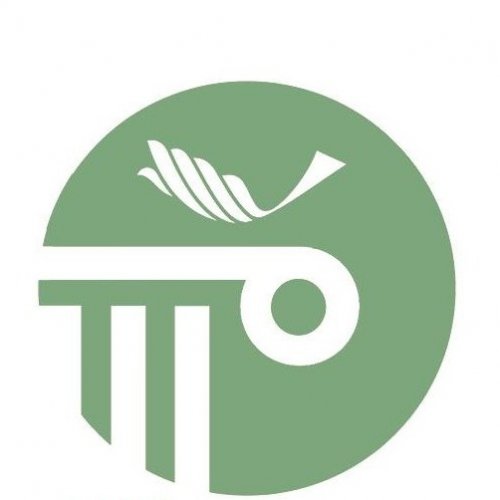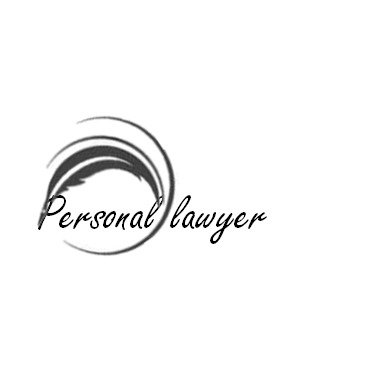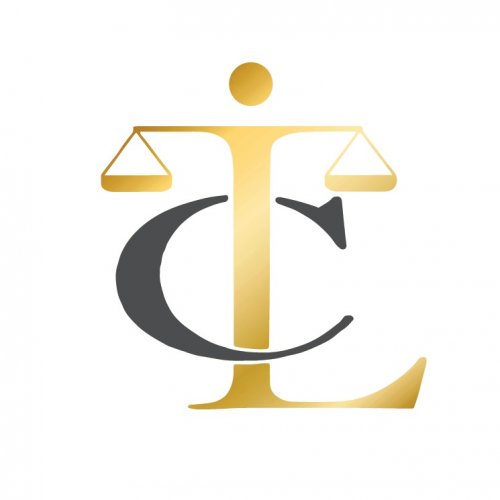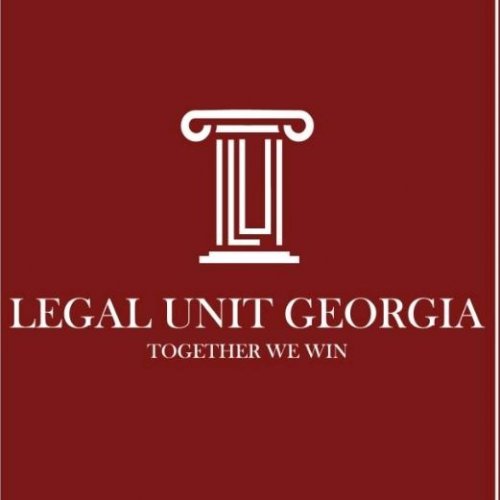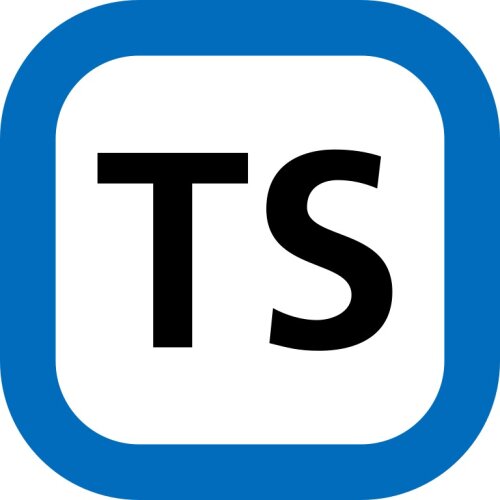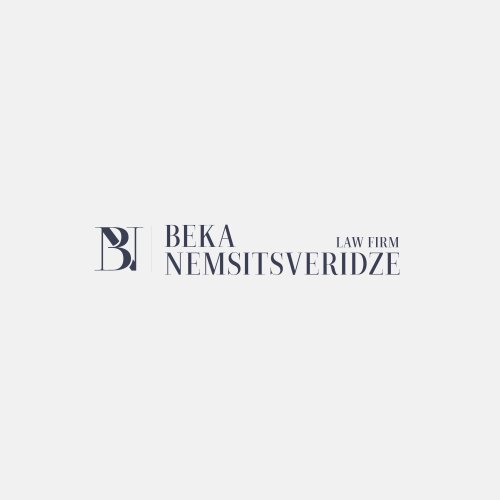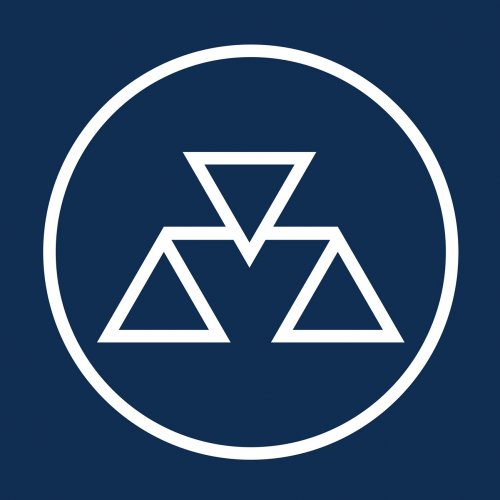Best Lawsuits & Disputes Lawyers in Tbilisi
Share your needs with us, get contacted by law firms.
Free. Takes 2 min.
List of the best lawyers in Tbilisi, Georgia
Georgia Lawsuits & Disputes Legal Questions answered by Lawyers
Browse our 1 legal question about Lawsuits & Disputes in Georgia and read the lawyer answers, or ask your own questions for free.
- What is your hourly rate please?
- Cost
-
Lawyer answer by Abashidze & Partners
For litigation and dispute-resolution matters in Georgia, professional fees are determined by the complexity of the case, the required level of involvement, and the procedural stage.Our firm’s standard hourly billing range is USD 150–200, allocated as follows:USD 150/hour – legal...
Read full answer
About Lawsuits & Disputes Law in Tbilisi, Georgia
In Tbilisi, Georgia, the field of lawsuits and disputes, often referred to as litigation law, covers a broad range of legal disagreements between parties. These can range from personal injury or real estate disputes to commercial and financial disagreements. Various adjudicating bodies such as courts, mediation centers, and arbitration tribunals handle these issues. Legal proceedings are governed by the Georgian Civil Procedure Code.
Why You May Need a Lawyer
Lawsuits and disputes often involve complex legal procedures, with varying degrees of impact depending on the nature of the dispute. A lawyer's assistance can be invaluable in these circumstances. They can navigate the regulatory landscape, draw up legally sound agreements to prevent future disputes, represent you in court, or negotiate a settlement on your behalf. Situations where you might need a lawyer include injury claims, breaches of contract, commercial disputes, property conflicts, or familial disagreements like divorce.
Local Laws Overview
Local laws in Tbilisi and Georgia, in general, govern various aspects of disputes and litigation. For example, according to the Civil Procedure Code of Georgia, parties have the right to conduct their case directly or through a representative. Most civil cases have a 3-year statute of limitations, except for certain cases, such as personal injury which is 2 years. There's also an emphasis on resolving disputes through arbitration or mediation.
Frequently Asked Questions
1. What is the process of litigation in Tbilisi?
The process begins with filing a complaint with the relevant court. Once a response is issued by the defendant(s), a preliminary hearing is scheduled. If the dispute isn't resolved at this stage, it proceeds to trial.
2. How long does a lawsuit typically take in Georgia?
The duration of a lawsuit can vary greatly, typically ranging from several months to a few years, depending upon the complexity of the case, the court's schedule, and the willingness of parties to negotiate.
3. Can I represent myself in court?
Yes, under Georgian law individuals have the right to represent themselves. However, due to the complexity of legal proceedings, it is often advisable to hire a lawyer.
4. What is the role of mediation in dispute resolution?
Mediation is heavily encouraged as a means of dispute resolution. It involves a neutral third party helping the disputing sides to arrive at a mutually agreeable solution outside of court.
5. Can foreign individuals or businesses litigate in Georgia?
Yes, foreign individuals and businesses can initiate proceedings in Georgian courts, although it may be more complex and require the services of a lawyer well versed in international law.
Additional Resources
For those interested in additional resources, Georgia has several governmental bodies and legal organizations that could be helpful. The Georgian Law on Mediation and the Georgian Civil Procedure Code are essential resources for understanding the laws regarding dispute resolution. Organizations like the Georgian Bar Association may also be instrumental in finding legal representation.
Next Steps
If you require legal assistance in a dispute or lawsuit, your first step should be to consult with a legal professional. They can assist you in understanding the regulations and laws relevant to your case, represent you in court, or help resolve the matter through negotiation or mediation. Remember to provide them with the details and promptly follow their guidance to ensure a favorable outcome.
Lawzana helps you find the best lawyers and law firms in Tbilisi through a curated and pre-screened list of qualified legal professionals. Our platform offers rankings and detailed profiles of attorneys and law firms, allowing you to compare based on practice areas, including Lawsuits & Disputes, experience, and client feedback.
Each profile includes a description of the firm's areas of practice, client reviews, team members and partners, year of establishment, spoken languages, office locations, contact information, social media presence, and any published articles or resources. Most firms on our platform speak English and are experienced in both local and international legal matters.
Get a quote from top-rated law firms in Tbilisi, Georgia — quickly, securely, and without unnecessary hassle.
Disclaimer:
The information provided on this page is for general informational purposes only and does not constitute legal advice. While we strive to ensure the accuracy and relevance of the content, legal information may change over time, and interpretations of the law can vary. You should always consult with a qualified legal professional for advice specific to your situation.
We disclaim all liability for actions taken or not taken based on the content of this page. If you believe any information is incorrect or outdated, please contact us, and we will review and update it where appropriate.
Browse lawsuits & disputes law firms by service in Tbilisi, Georgia
Tbilisi, Georgia Attorneys in related practice areas.



